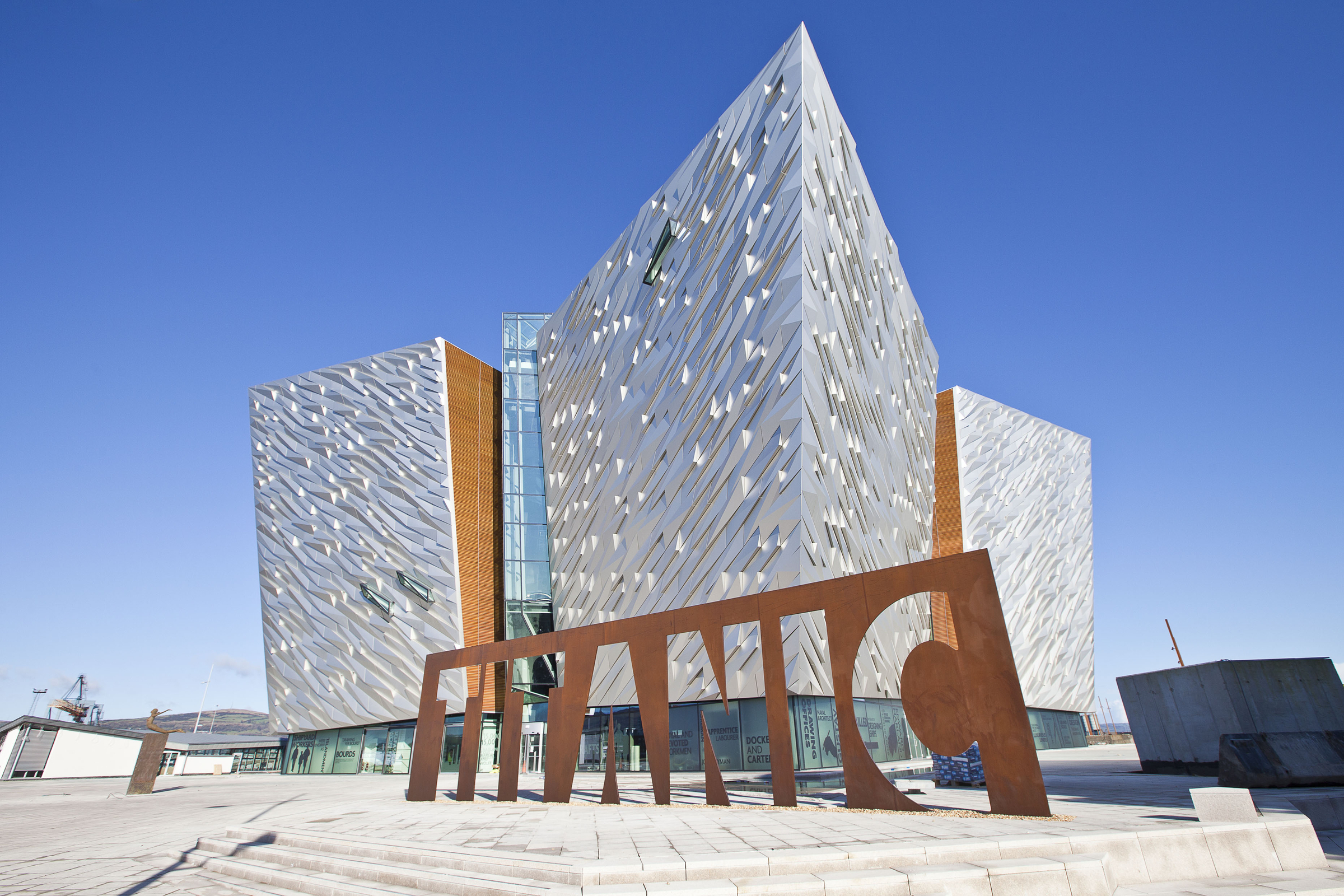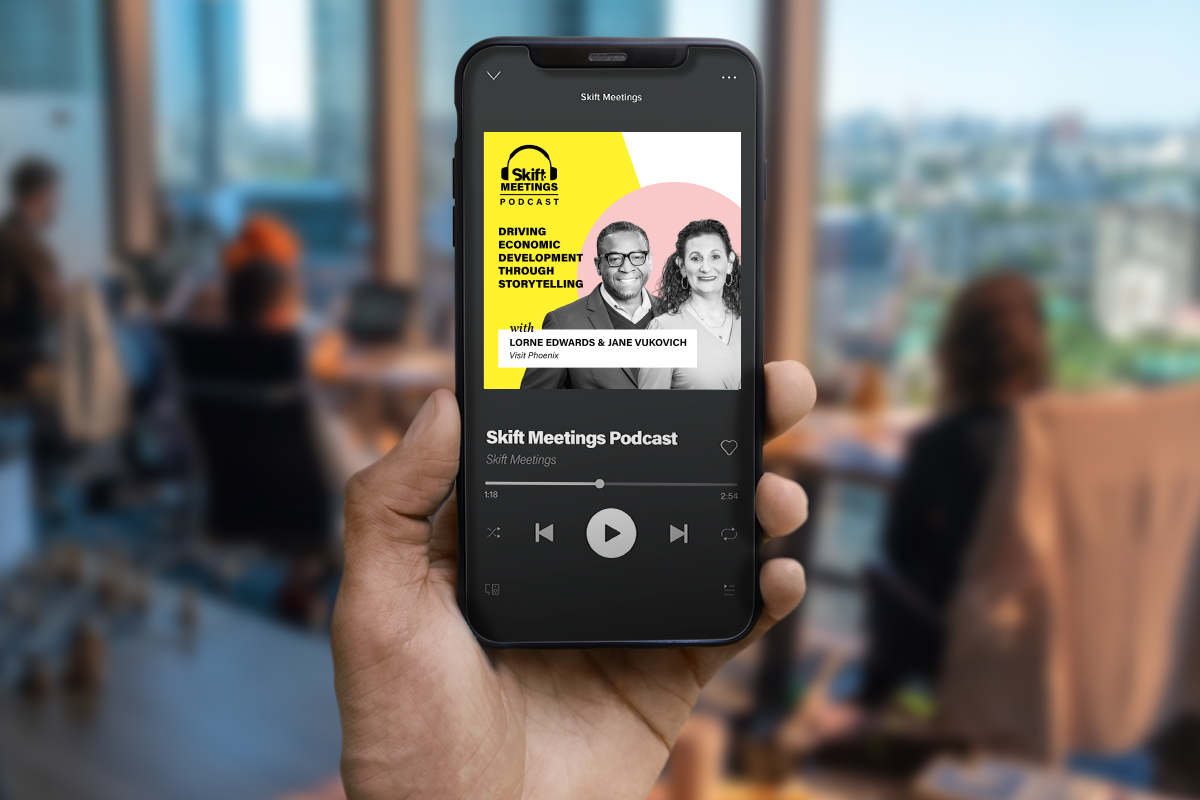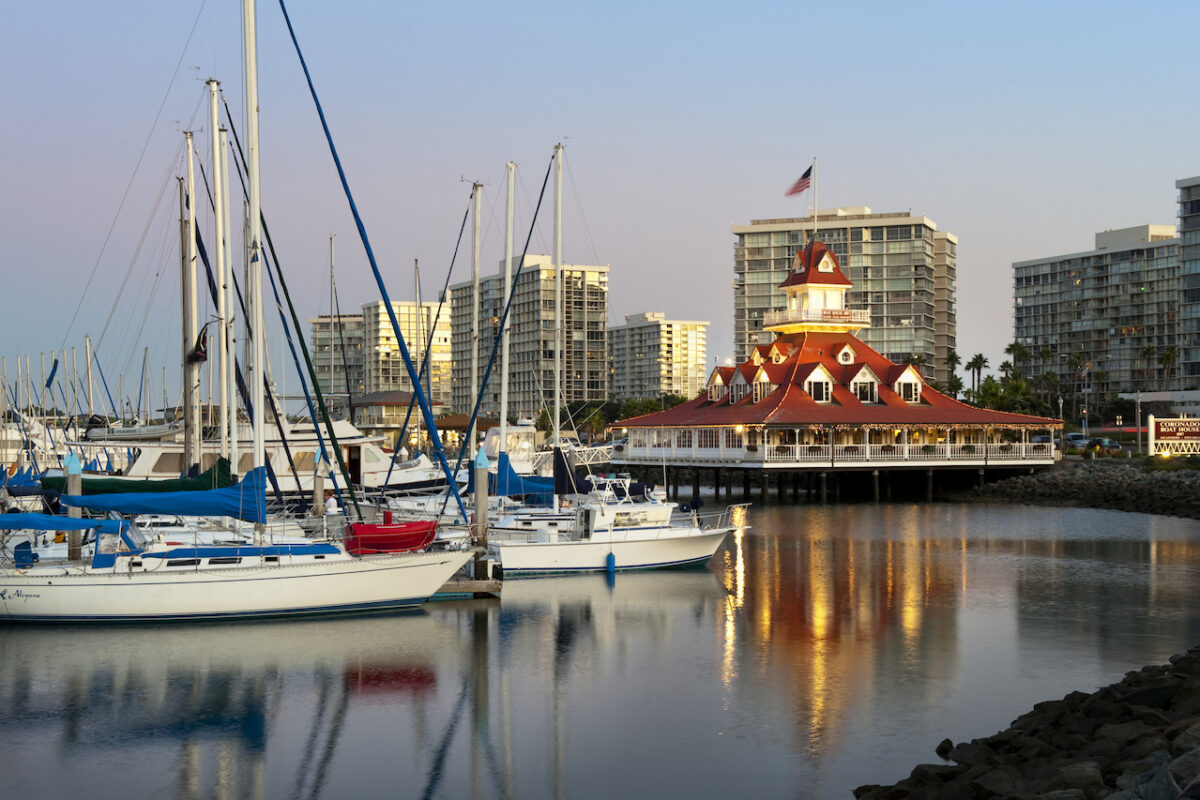Skift Take
Most people come to conventions for learning and networking. When either of those is lackluster, you’ll see a drop in attendance. Yet, maintaining top-notch education and innovative discourse can be difficult. That’s why many savvy conference planners are looking at the possibilities of leveraging local intellectual capital to create genuinely memorable conventions. Here’s how you can begin doing the same.
This is a case study sponsored by Meetings + Conventions Calgary. More information about Event Manager Blog’s case studies.
Choose Local for Savings and Uniqueness
First, why should you choose to leverage local intellectual talent? There are two very compelling reasons: cost and interest. But they aren’t the only ones. Consider:
- Event budget savings: local subject matter experts are in-town, thus no travel expenses must be paid.
- Convenience: It’s easy to fit into tight VIP schedules because they’re not giving up days of work due to travel. They’re just making a quick stop. Even the busiest of execs can often squeeze in an hour to speak to a conference in the town where they work.
- Uniqueness: you may hear a new voice as the speaker may not be on the speaker’s circuit. This gives attendees the ability to hear from someone they might not be familiar with.
- Broad application: The local speaker may share similar interests and pursuits with the audience but they may be approaching problem-solving in a way foreign to the group. The speaker may explain what that area of the world is doing and how your attendees can implement some of the same in their own circles. The learning exchange is immensely valuable.
- Opportunities outside of speaking: there may be unique networking potential at a company or organization of interest. You can invite the speaker’s colleagues to stop by for a session or they may extend an invitation to tour their facilities.
These reasons can help transform your convention from typical industry meeting to an entirely new event because it leverages local intellectual assets, something your audience may not have experienced before. The potential learning exchange is likely to be a big draw for your audience. The more unique, the more interest they’ll likely show.
6 Components to Look for in a Destination If You Want to Leverage Intellectual Capital
If you want to create a unique learning opportunity for your conference attendees, here’s what you should be looking for:
A destination rich in interest to your attendees.
What topics are your attendees interested in? Would advice from an innovative healthcare organization be of interest? How about cutting-edge cybersecurity techniques? Whatever their intellectual pursuits, see if the CVB can match you with a local organization that is currently investigating such topics. The topic needn’t be directly related to your attendees as long as it’s something of interest. For example, a medical society with a younger demographic may want to hear from a venture capitalist who is taking groundbreaking medical research and creating companies out of it.
A community that values innovation.
While the beach is a nice draw for some, let’s face it, they all tend to blend together after a while. Plus, many people visit the beach on their own vacations. They can do this for themselves. There’s nothing exclusive about it. On the other hand, leveraging the power of an innovative community is much more memorable for attendees as each community and their studies are different. Look for an area that values and encourages innovation and you’ll have a network of professionals you can call on.
Investigate ways to build connections outside of sessions.
Local tours, behind-the-scenes explanations, as well as co-networking events with your attendees and a local group with similar interests, can add depth to your programming. They make your agenda unique and much more difficult for attendees to decide they’ll just attend next year’s conference. These sought-after interactions help your attendees make connections they might not otherwise have the opportunity for and that helps make your event original and well-attended.
Arrange for side trips led by local professionals.
Asking local experts to lead a deep-dive trip into a local area of interest can provide opportunities for networking and learning. When Calgary hosted the Society of Vertebrate Paleontology Annual Meeting, Calgarian paleontologists led field trips to the Drumheller and the Canadian Badlands for an unforgettable attendee experience. Plus, the advantage over these peer-led tours is that they can be conducted on your group’s level, not a general tourist level.
Consider local organizations that support your conference mission.
Does your event have a special mission or interest? It’s likely you can find a local group that shares that mission. This “coalition” of your two groups can be very exciting and newsworthy. When the International Play Association was looking for a conference spot, they chose Calgary and turned to local organizations that shared their mission. These groups included the Calgary Zoo, TELUS Spark, and the Calgary Board of Education. The conference organizers worked with Meetings + Conventions Calgary to design original programming with those groups that not only interested attendees but involved the community as well.
Look for a community that will help you in your mission to reach local subject matter experts.
Just because a community has the experts doesn’t mean you have the time to approach them. Look for a CVB that can help you make those connections easily. Meetings + Conventions Calgary has a Champion Program of dozens of members. The Calgary Champion Program matches local leaders and their expertise to global conference programs for mutual benefit, leaving behind a legacy, that potentially sparks new ideas and programs in the community. They have experts in life sciences, transportation, agri-business, and energy, among others.
Your event destination must be more than a pretty face. You want to ensure it offers your attendees opportunities that are unique to your event. But making those connections as the event planner can be time-consuming if you don’t have a solid partner in your pursuits.
Finding a Partner in Intellectual Exchange
Finding a partner who can help facilitate intellectual exchange with local leaders can lift a lot of the work off of you as the event planner. After all, it’s very time-consuming to get past the gatekeepers for heads of industry, intellect, or healthcare. But they may very well want to speak with your group, if only you could get to them.
So how do you go about bypassing the gatekeepers and finding local intellectual leaders who are a good fit for your organization?
First, we’ll give you the hard way. Hint: it’s all on your own:
Look for slide decks on SlideShare on topics of interest to you. Figure out where those people are from. Look for some in the area of your event.
Search Quora for topics of interest and best answers. Try to find out where those people are from without scaring them.
Search LinkedIn based on location and job title. Send them a request to connect. Hope that they check LinkedIn when they get a notification.
Search for topics of interest followed by the word “blog”. Find out where the bloggers are located and reach out to them through their page. While more people are blogging these days, many heads of industry aren’t. In blogging, you’ll find pundits and some industry experts.
Read the local newspaper and look for names of prominent leaders in your areas of interest. Try to contact them.
As you can see by these suggestions, there’s a lot of searching and hoping that is involved with these methods of finding a good connection or speaker for your group. This is not ideal since you have a job where every minute counts.
The easier way to find a good fit for your group at the destination of your choice is to partner with an organization that can help work as a bridge between your group and its needs and the local resources in their community.
While a convention and visitors bureau is a good fit for this role, not every CVB is positioned to do this. They need a strong community group and some sort of ambassadors program to be well-positioned to help.
What You Need in a Partner Aimed at Intellectual Exchange
Your first stop in finding a partner to help you with intellectual exchange should be the CVB or chamber of commerce (depending on the area) at your destination. If you have a short list of potential destinations, speak with all of them. As mentioned earlier, not every CVB has the type of deep partnership with broad industries to be of help. But you won’t know unless you ask.
Research:
Details.
Ask them about their ambassador or exchange programs. Find out what types of industries they work with and what types of intellectual capital exchange they specialize in. For instance, the Calgary Champions represent healthcare, innovation, and professional associations.
Cultural connections.
Not only can you have access to industry leaders but you may want to consider cultural ties as well. You can seek out cultural connections to embrace a new culture or ensure one of your attendee demographics is heard. These types of connections and learning can make underrepresented voices feel like they have a clearer career path. A special mentor relationship might even evolve from such exchanges.
Tie-ins.
It’s nice to be introduced to heads of industry but what can the CVB help you with when it comes to tying in activities to your programming. Are the people they’re introducing you to only speakers available for your event or are there programs that will facilitate tours or outings that can help your attendees see a side of the area they otherwise wouldn’t get to see. A professional tour group can provide a lot of information but experts can assist in a much more targeted presentation that can give your audience a deeper dive than what the general public requires.
Community opportunities.
A plugged-in CVB can also help connect you, the head of industry, and community groups for beneficial exchange. You can help attendees get volunteer hours in or perhaps continuing education credits with customized arrangements. You can also take your mission to the streets with community opportunities.
Festivals.
Speaking of community connections, a CVB partner can help you access behind-the-scenes looks at festivals and public activities. Plugging your convention into local festivities is a way to make your gathering unique as it offers something others don’t. For instance, anyone can attend the Calgary Stampede if you get tickets but what about attending a special invite-only program tailored to your group during the Stampede? That type of activity will make your conference stand out and give your attendees the chance of a lifetime.
Training.
Sometimes cultural exchanges can include training as well. If you have an organization that requires either official periodic training or you’re interested in how similar groups in other parts of the world train their employees or members, you can work with a CVB to make those introductions and connections for you. Even if the training does not actually fulfill requirements, it can be interesting to learn how other parts of the world conduct business.
Support.
Work with an organization that can help support you in your efforts. Some organizations will help you promote your event and build attendance at special symposiums. You may be able to create an additional revenue stream by selling tickets for locals in your industry to attend a session, instead of the entire conference, especially if you have a local VIP speaking.
Don’t work alone. Consult the convention and visitors bureau at your destination (or the few that are on your shortlist before making a decision) and see what sort of help they can provide. You may be surprised at the options out there. Meetings + Conventions Calgary, for instance, loves to work with event planners to create custom-tailored options targeted towards achieving meeting goals and wowing conference attendees, giving all groups exactly what the conference planners are looking for.
IN CONCLUSION
Standing out is essential to draw a crowd for your convention. You don’t want an agenda or speakers attendees have seen before. One of the most cost-effective ways to innovate in your learning is by tapping the knowledge of local experts. These experts not only prompt interesting dialogue but can facilitate a global exchange that will be unique to your event. But pulling this off requires connections you may not have or don’t have the time to develop. Groups like Meetings + Conventions Calgary can take a lot of the pressure off of you and add a richness that may have otherwise taken weeks to schedule.
With any luck, and the help or a knowledgeable convention planning group, your attendees will return home with a new view of old challenges or possibly new ways to problem solve or view their situations.






